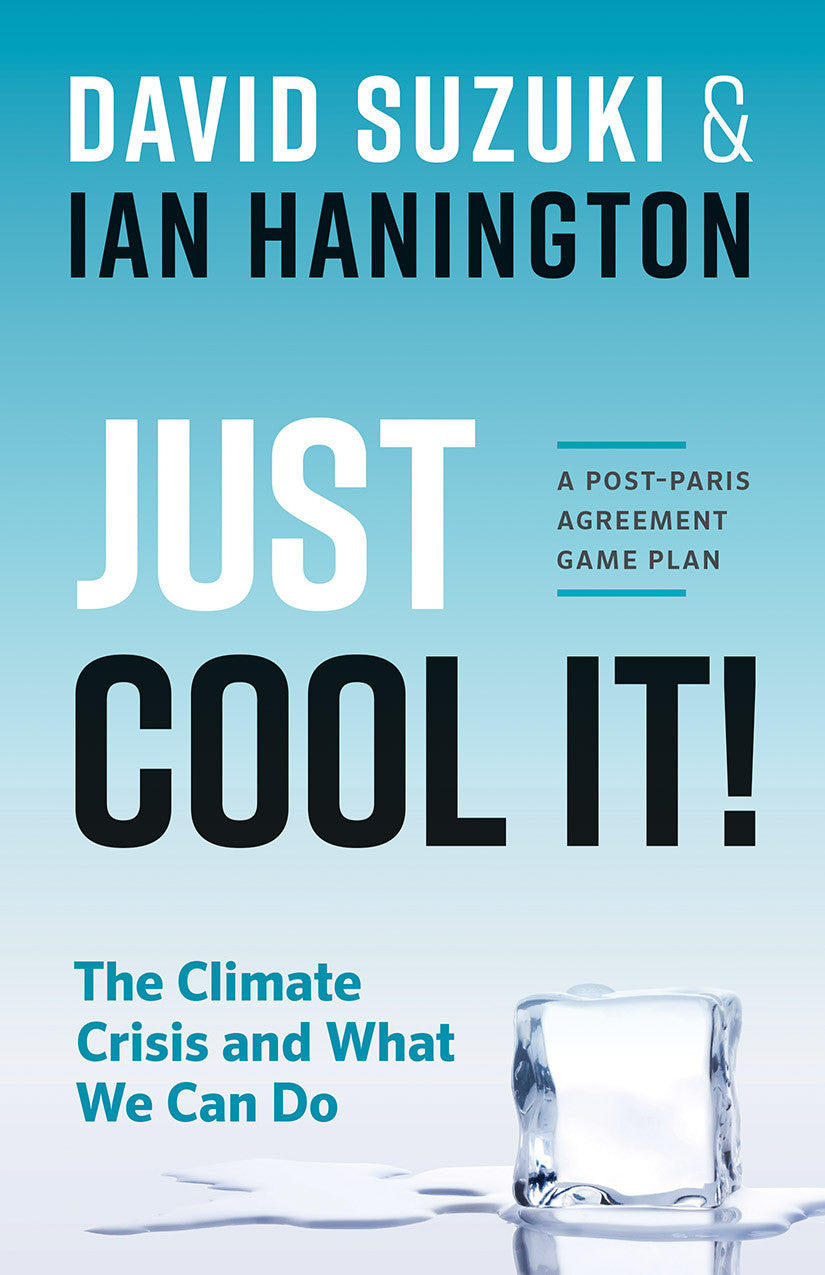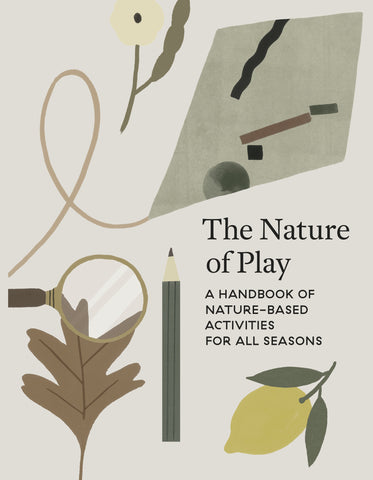Just Cool It!
The Climate Crisis and What We Can Do
- ISBN: 9781771642590
- Tags: David Suzuki, Ian Hanington, Nature & Environment, Science,
- Dimensions: 5.5 x 8.5
- Published On: 4/15/2017
- 312 Pages
A resounding post–Paris Agreement wake-up call about the urgency of the climate crisis that offers a range of practical solutions—and above all, hope.
Climate change is the most important crisis humanity has faced, but we still confront huge barriers to resolving it. So, what do we do, and is there hope for humanity? The problem itself is complex, and there’s no single solution. But by understanding the barriers to resolving global warming and by employing a wide range of solutions—from shifting to clean energy to planting trees to reforming agricultural practices—we can get the world back on track.
Just Cool It is David Suzuki at his most passionate. In this book, he offers a comprehensive look at the current state of climate science and knowledge and the many ways to resolve the climate crisis, imploring us to do what’s necessary to live in a better, cleaner future. When enough people demand action, change starts happening—and this time, it could be monumental.
David Suzuki is an internationally renowned geneticist and environmentalist and a recipient of UNESCO’s Kalinga Prize for the Popularization of Science and the 2009 Right Livelihood Award. Host of the longrunning CBC television program The Nature of Things, he is also the author of more than fifty books.
Ian Hanington is Senior Editor at the David Suzuki Foundation and is co-author with David Suzuki of Everything Under the Sun. He has worked as a researcher, news reporter, opinion-column writer, critic, and editor for a variety of newspapers and magazines and was editor of Canada’s largest alternative newsweekly, the Georgia Straight. He lives in Vancouver, B.C.
"David Suzuki is one of our wisest ecological experts and storytellers, and he has created yet another one-of-a-kind resource. This is an unflinching look at the meaning of the climate crisis and an impassioned call to rise up, with joy and confidence in our collective ability to forge a just future."
—Naomi Klein, author of This Changes Everything and The Shock Doctrine
From the Introduction
The 2015 Paris Agreement on climate change showed that the world is finally taking global warming seriously. Is it too little too late, or is there still hope for humanity? The agreement itself will only get us halfway to the emissions cuts experts say are necessary to avert devastating consequences, including rising sea levels, food and water shortages, and increased extreme weather, droughts, and flooding. But the fact that almost every nation, 195 plus the European Union, agreed to tackle the problem—and that most of them, including the two largest emitters, China and the U.S., have now formally ratified the Paris Agreement—offers hope, especially because the agreement calls on countries to regularly review and strengthen emissions-reduction targets. As important as talk and agreements are, it’s time to put those words into action.
Despite worldwide commitments to address the crisis, climate change remains a contentious subject. Even the terms used to describe the phenomenon spark debate: Is it “climate change” or “global warming”? The scientific methods to determine the properties, impacts, and possible consequences of climate change are constantly scrutinized and discussed. Are the models accurate? Is it possible to draw definitive connections between individual extreme weather events and climate change? Do we understand all the various factors and the roles they play? How much does human activity contribute compared to natural processes? Will the consequences be catastrophic or could there be benefits?
There’s also vigorous discussion around potential solutions. Can we find ways to burn fossil fuels cleanly? Should we deal with the causes or adapt? Do windmills kill too many birds? Is nuclear power the answer? And economic questions arise. Will cutting greenhouse gas emissions—such as carbon dioxide and methane, which create heat-trapping blankets around the planet—harm economies or create benefits? Is it even possible to address the problem under current economic systems? Many people are still confused about what the Intergovernmental Panel on Climate Change is or does. And, of course, there are those who deny that climate change even exists or insist that, if it does, it’s not a problem, or it’s a natural phenomenon over which we have no control.
All of these questions are good and necessary, but following the 2015 UN Climate Conference in Paris, we must accept that we have a problem that is in large part of our own making and that it will get worse without a collective global effort to address it. We must also keep in mind that it’s not so much that the planet is in trouble; it’s humanity. The planet and its natural systems are resilient; they recover. But the conditions that make the earth habitable and relatively comfortable for humans are jeopardized because of our actions.
Will getting the planet back on track be difficult? Yes, of course. But is it an impossible task? No.





